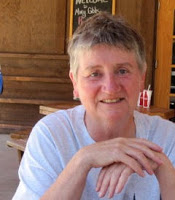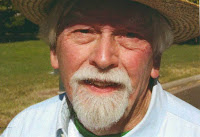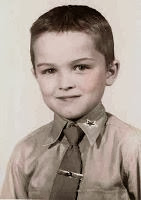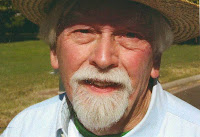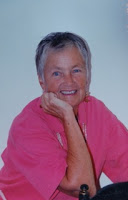I have talked before of how fortunate, indeed blessed, my life has been, and certainly a large part of that is not to have been afflicted with depression. Sure, I have my ups and downs, sadness and loss; I’ve shed my share of tears. I’ve occasionally spent a few miserable days in what a friend calls a ‘mean green funk’. But when I’m low it’s the result of an identifiable cause; something that has happened. I have never suffered from long-lasting depression coming upon me apparently for no reason, though probably the result of some unidentified cerebral chemical imbalance, and most likely requiring some kind of medication to eliminate, or at least alleviate, the problem. Alas, I know too many people who do suffer from clinical depression to remain unaware of the depth of gratitude I must feel for not having been its victim.
I also escaped the Great Depression with all its miseries, not being born until 1942. But I find great similarities in the attitudes of those who survived the thirties with my own, learned in World War Two. Make do and mend, never waste anything, were the watchwords children in my world grew up with, as they were for the children of the Great Depression. Reading memoirs of survivors, the things they say could just as easily be said by Depression children as wartime kids.
I still turn off the lights when I leave a room. I save every little thing in case I might be able to use it sometime in the future. It was a great equalizer, everyone we knew was in the same fix.
We were kids: we didn’t know we had nothing, everyone had nothing. Our parents tried to hide the real hardships from us. One person collecting interviews sums it up, ‘Frugality: it is their middle name.’ Yes indeedy!!
Tropical depressions; I’m sure I have been in several, but so far have been fortunate enough not to encounter their more developed selves, hurricanes. Betsy and I came uncomfortably close to tornadoes here and there occasionally on our travels, but I have never been anywhere near a hurricane. I wish I may go to my grave saying that.
Depressions in the earth sometimes collapse suddenly creating sinkholes of various sizes. These have been known to swallow up cars, trucks, buses, houses and people. A police SUV fell into a sinkhole in Sheridan, Colorado, this summer. In 2014 eight classic Corvettes in the National Corvette Museum in Bowling Green, Kentucky, disappeared into a sinkhole. People in Florida have fallen into sinkholes and never been recovered. And these things appear all around the world, not just in this country.
Depressions of all kinds seem, inevitably, to be ……. well, depressing. I looked for an appropriate quote as an ending to this piece, and found I was becoming ….. well, depressed. Then I chanced on this one by Emanuel Celler –
“The panic of the Depression loosened my inhibitions against being different.”
I could be myself.
Okey dokey! We all know the importance of being yourself: different, free of inhibitions. So maybe depressions, whether cerebral, climactic, fiscal or physical, are not all bad after all.
I’ll try to remember that when I’m trapped in my car in a sinkhole in the middle of a hurricane and I can’t quite reach the glovebox where I left my Prozac.
© December 2015
About the Author
I was born and raised in England. After graduation from college there, I moved to the U.S. and, having discovered Colorado, never left. I have lived in the Denver-Boulder area since 1965, working for 30 years at IBM. I married, raised four stepchildren, then got divorced after finally, in my forties, accepting myself as a lesbian. I have been with my wonderful partner Betsy for thirty years. We have been married since 2013.
